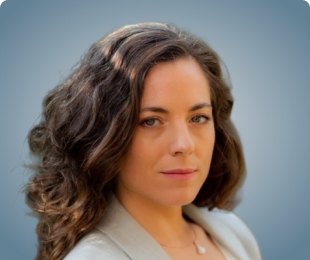

Project name:Community of Practice on Resilient Health Infrastructure (CoP-RHI)
CDRI, in collaboration with WHO India, has established the Community of Practice on Resilient Health Infrastructure (CoP-RHI), an exclusive global forum for experts in healthcare, infrastructure, and disaster risk.
This CoP fosters collaboration, knowledge exchange, and innovation to enhance the resilience of infrastructure. Through specialized working groups, webinars, and technical guidance, CoP-RHI is building a robust international network dedicated to strengthening health infrastructure and advancing disaster preparedness and resilience worldwide.
Countries Engaged
Impact
1
CoP-RHI has played a key role in shaping the new Framework for Resilient Health Infrastructure helping countries enhance health facility safety and strengthen disaster resilience globally.
2
It is actively contributing to DRI Dialogues and global webinars, facilitating the exchange of real-world insights, best practices, and innovative strategies to address evolving risks and enhance health infrastructure resilience worldwide.
3
CoP-RHI members are developing knowledge products such as reports, case studies, and toolkits. These resources provide essential guidance, helping countries design, evaluate, and implement effective resilience measures in their health infrastructure systems.





